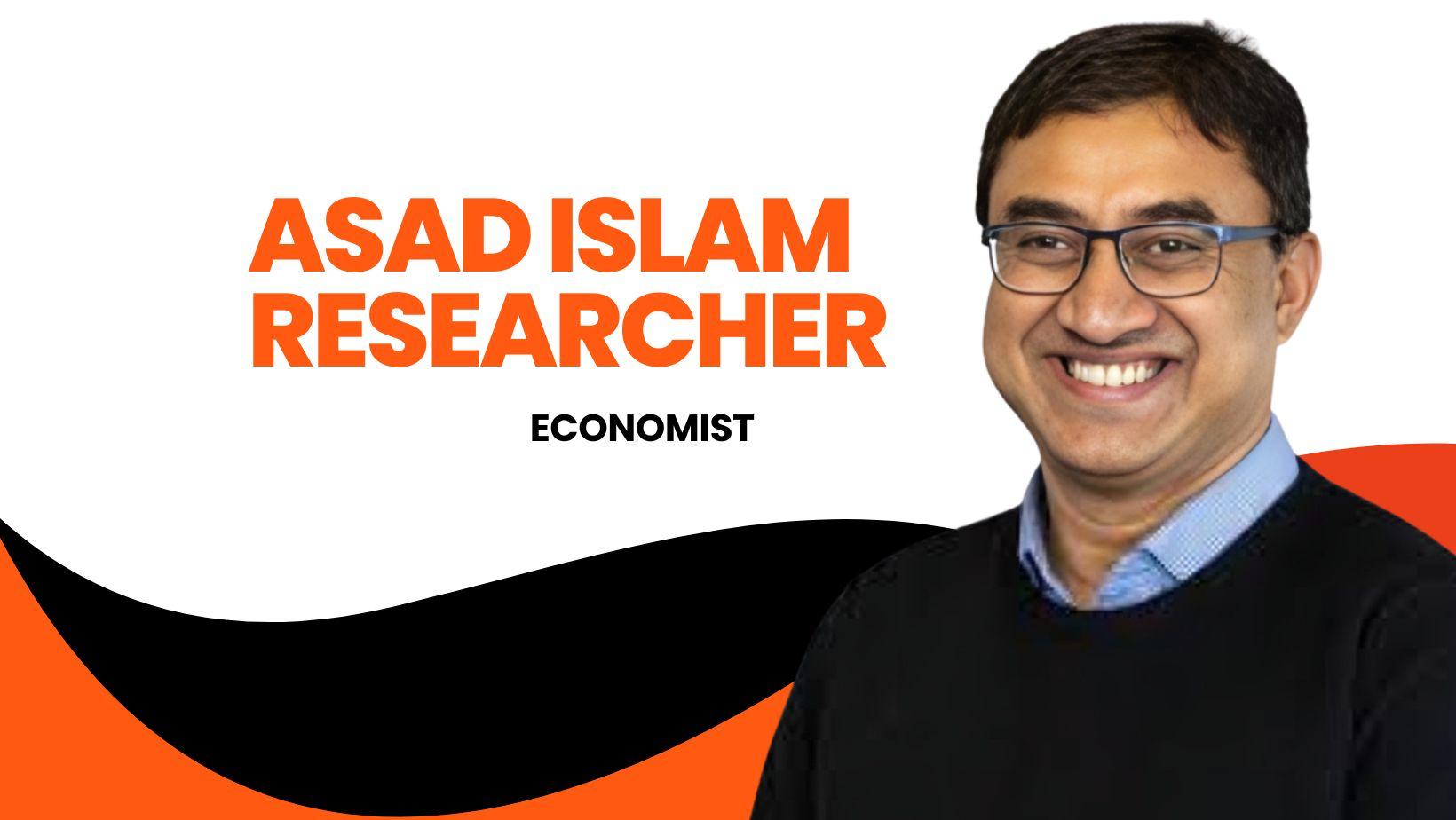Asad Islam RCT Studies: Transforming Education and Economic Growth

In a world where policy decisions can determine the trajectory of entire communities, understanding what truly works is crucial. How do we know which interventions in education and economic development are effective? This is where Asad Islam, a distinguished economist and researcher at Monash University, has made remarkable contributions. Through rigorous RCT studies, Asad Islam has not only advanced academic understanding but also provided actionable insights for policymakers aiming to foster inclusive growth.
The Significance of RCTs in Development Economics
Randomized Controlled Trials (RCTs) are widely regarded as the gold standard in evaluating interventions. Unlike observational studies, RCTs eliminate bias by randomly assigning participants to treatment and control groups, allowing researchers to measure the true impact of a program. Asad Islam RCT work exemplifies how carefully designed experiments can generate reliable evidence in fields ranging from education to microfinance.
For detailed records of his studies and publications, visit Google Scholar and ResearchGate.
Transforming Education Through Evidence-Based Research
Improving Learning Outcomes
Education is a cornerstone of economic mobility. Asad Islam’s RCTs in South Asian and African schools have provided critical insights into how educational interventions can boost learning. For example, his studies on teacher training, remedial education, and scholarship programs demonstrate measurable improvements in literacy and numeracy among students from low-income households.
By examining large datasets available in his shared spreadsheets, policymakers can better understand which educational strategies yield the most significant results.
Reducing Dropout Rates
One of the persistent challenges in low-income regions is school dropout. Asad Islam’s research emphasizes that combining financial incentives with mentorship programs can reduce dropout rates dramatically. His studies highlight the importance of understanding local contexts and tailoring interventions to the unique needs of students.
Further insights into his education research can be explored on UNESCO Inclusive Policy Lab.
Driving Economic Growth Through Research
Microfinance and Entrepreneurial Support
Economic empowerment is another critical area in Asad Islam’s portfolio. His RCTs evaluating microfinance initiatives reveal that providing small loans alone is insufficient for sustained growth. Complementary interventions—such as financial literacy programs and mentorship—significantly enhance the effectiveness of microfinance.
These findings, accessible through CEPR, inform development agencies about how to structure programs that truly empower marginalized communities.
Income-Boosting Interventions
Beyond microfinance, Asad Islam investigates programs that directly impact household income. RCTs on conditional cash transfers, vocational training, and targeted subsidies show that well-designed policies can lead to measurable improvements in income and employment. His research underscores the importance of scalability and adaptability in policy design.
For a comprehensive list of his publications and methodological approaches, refer to his CV.
Methodology: How Asad Islam Conducts RCTs
Step 1: Identifying the Problem
The first step in any RCT is pinpointing the specific problem to address, whether it’s low literacy, unemployment, or limited financial access. This stage involves collaboration with local stakeholders to ensure relevance and feasibility.
Step 2: Designing the Experiment
Asad Islam meticulously designs experiments, defining treatment and control groups and determining sample sizes that ensure statistical significance. He integrates data from surveys and public datasets to support robust conclusions.
Step 3: Implementation and Monitoring
RCTs are implemented in the field with continuous monitoring to maintain consistency. Asad Islam emphasizes transparency and rigor during this phase, minimizing errors and biases that could affect results.
Step 4: Analysis and Policy Recommendations
Finally, data is analyzed to assess the intervention’s impact. Results are communicated to policymakers and development organizations, translating complex statistical outcomes into actionable strategies. His work on this can be explored through VoxDev.
Case Studies: Real-World Impacts of Asad Islam RCTs
Case Study 1: Education in Rural Schools
RCTs conducted in rural South Asia demonstrated that targeted teacher training programs could improve student performance by over 25%. These insights influenced government policies, leading to broader adoption of evidence-based teaching methods.
Case Study 2: Microfinance and Income Growth
In collaboration with local NGOs, Asad Islam tested the effectiveness of combining loans with financial literacy workshops. Households participating in the program experienced an average income increase of 15-20%, demonstrating the value of integrated approaches.
Case Study 3: Conditional Cash Transfers
RCTs examining conditional cash transfers for healthcare and education showed that households were more likely to send children to school and seek preventative healthcare services, highlighting the interplay between economic incentives and social behavior.
Expert Insights and Lessons Learned
-
Evidence Matters: Data-driven decision-making reduces inefficiencies and ensures resources have maximum impact.
-
Local Context is Key: Interventions must account for cultural, economic, and social factors unique to each community.
-
Sustainability First: Programs should focus on long-term outcomes rather than short-term gains.
-
Iterative Design: Continuous feedback and adjustment enhance program effectiveness.
For deeper insights and professional commentary, Asad Islam’s LinkedIn provides an overview of his professional journey.
The Future of Poverty and Education Research
Asad Islam continues to explore innovative interventions at the intersection of education and economic growth. Emerging areas of interest include:
-
Leveraging digital tools for education and financial inclusion
-
Early childhood development programs with measurable long-term effects
-
Climate adaptation strategies for vulnerable populations
These directions aim to create scalable, impactful solutions to global poverty and inequality challenges.
Conclusion: The Transformative Power of Asad Islam RCT Studies
The pioneering work of Asad Islam, a leading economist and researcher, demonstrates how RCT studies can transform education and economic development. By combining rigorous research with actionable insights, Asad Islam provides policymakers with reliable strategies to foster inclusive growth and sustainable development.
His research can be further explored on Monash University, ResearchGate, and Google Scholar. Following his methodologies and evidence-based approach can inspire researchers, policymakers, and practitioners to implement programs that truly make a difference.
- Art
- Causes
- Crafts
- Dance
- Drinks
- Film
- Fitness
- Food
- Giochi
- Gardening
- Health
- Home
- Literature
- Music
- Networking
- Altre informazioni
- Party
- Religion
- Shopping
- Sports
- Theater
- Wellness
